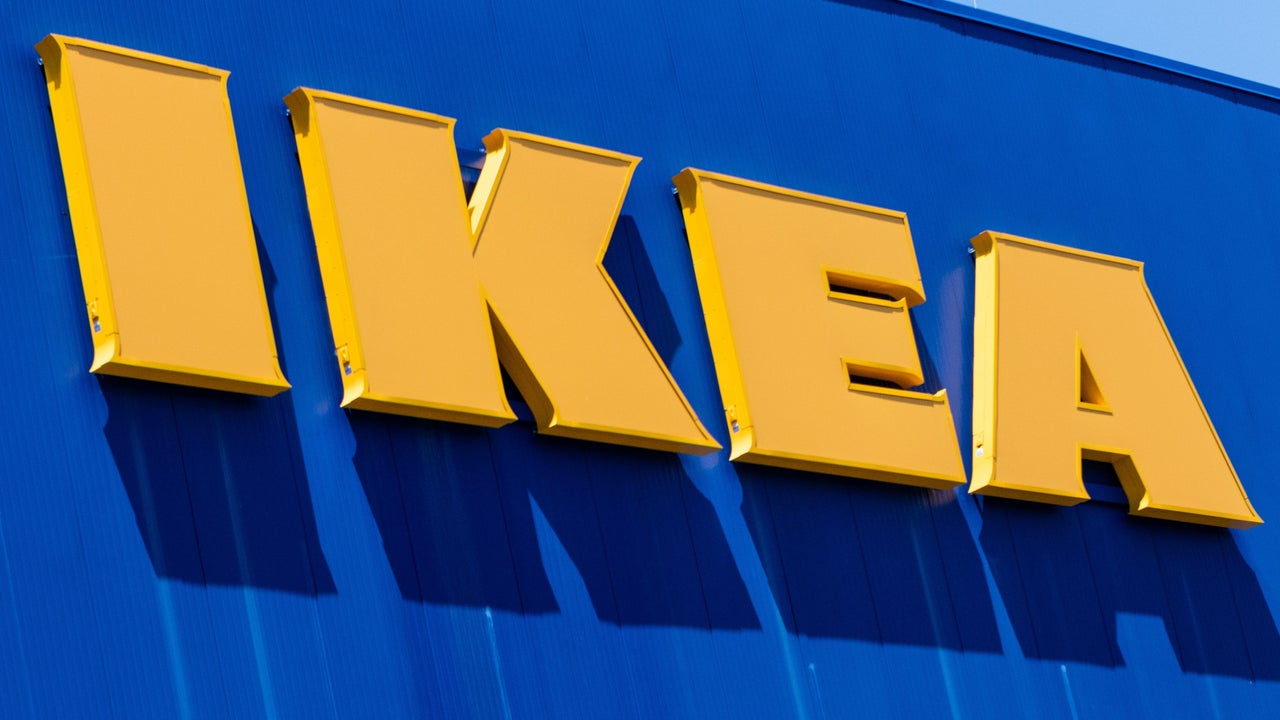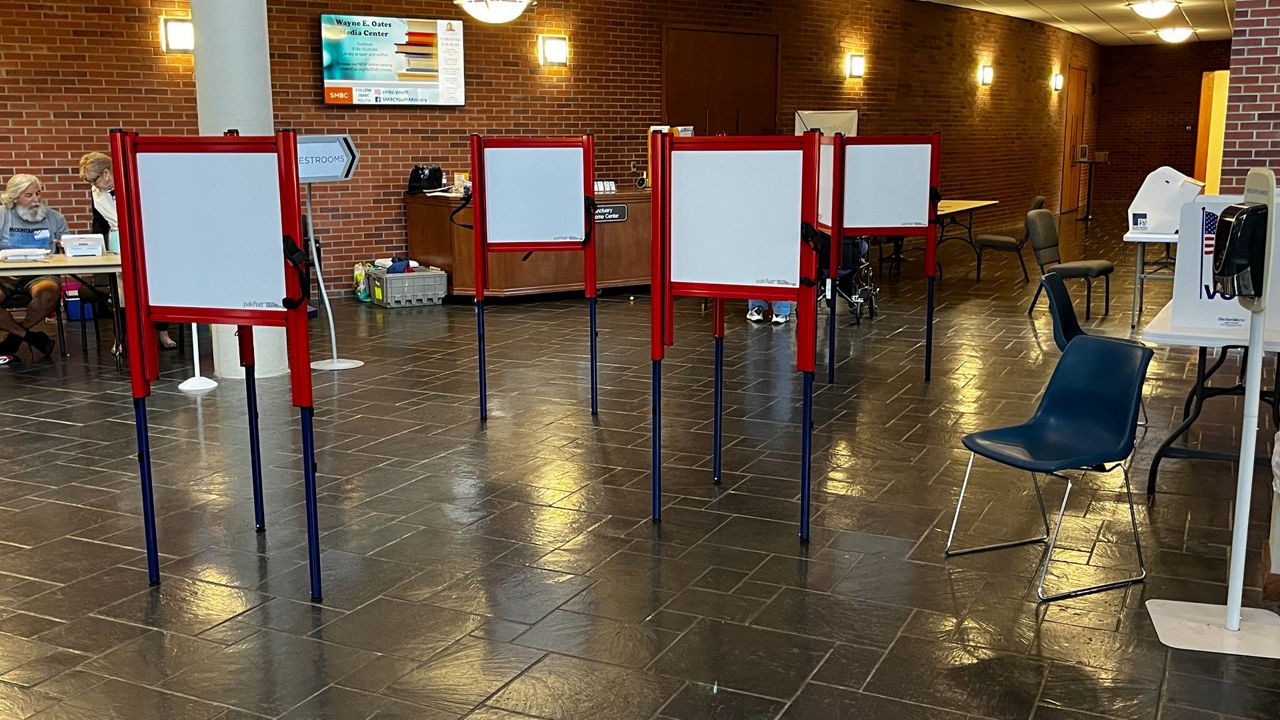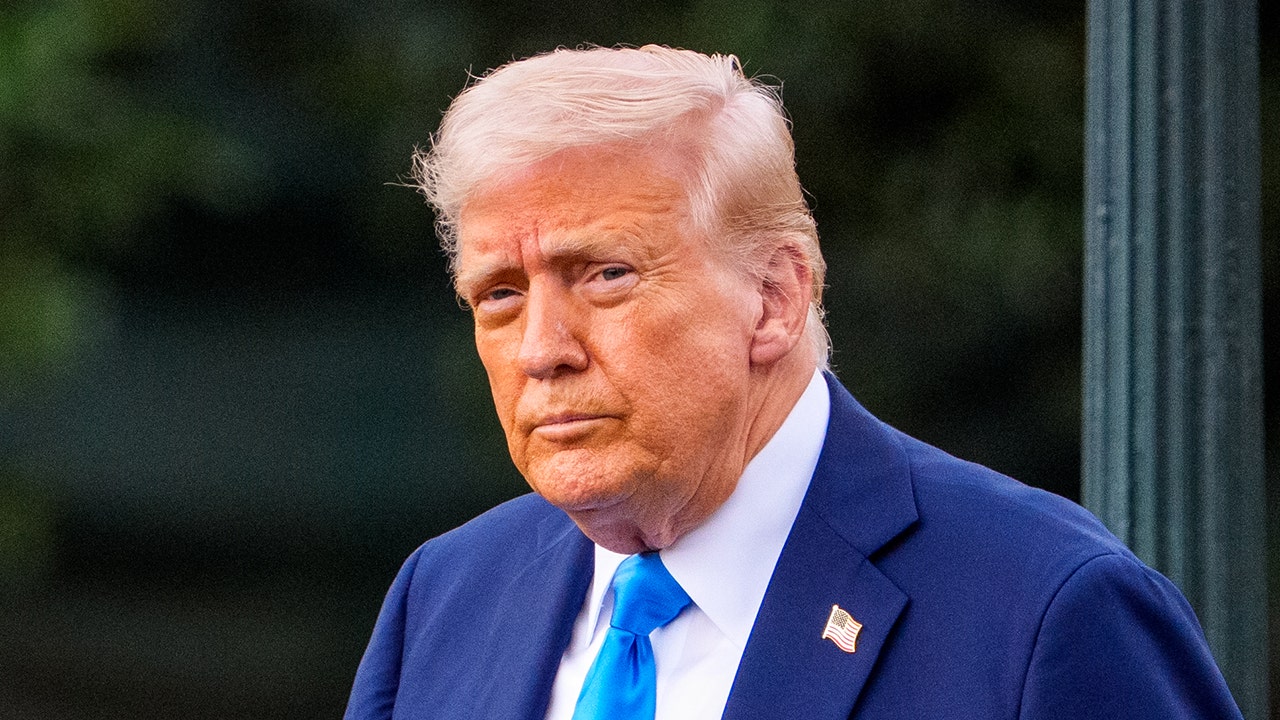World
‘I struggle to envision life after Israel’s war on Gaza – if we survive’

Deir el-Balah, Gaza – Um Nasser Al-Ajrami and her children are struggling to buy their essential needs every day since their displacement from Gaza City to the south of the Gaza Strip.
Until a few days ago, the 37-year-old mother of four lived in the al-Mukhabarat area to the north of Gaza City. But relentless Israeli air raids forced her and her family to relocate to Deir el-Balah in central Gaza.
Um Nasser recounted the horrifying experience of losing the family home, where they used to live with her husband’s five brothers and their wives and children.
“I couldn’t believe we had survived the bombing,” she told Al Jazeera as she looked through diapers at a local shop for her one-year-old son.
After their home was destroyed on the fourth day of the assault on Gaza, they initially sought refuge with relatives in central Gaza City but later decided to move further south, in line with the Israeli army’s evacuation orders.
“It was a tough day. We all gathered and went in my brothers-in-law’s cars. We were terrified because what we’d seen till then was enough to make us realise the danger if we stayed.”
Displaced from their home, the family’s challenge now is the severe difficulty in obtaining food and water and the constant disruptions of electricity and internet services.
It is very hard, she said, to think of meals she can make without water for the more than 50 people who have taken refuge in her relatives’ home. The work that goes into doing this is relentless.
“The burden on mothers during these times in managing their family’s affairs and providing for their children increases significantly,” Um Nasser said.
Like others in Gaza, her greatest fear is that the war will not end any time soon. “We can’t bear the inhumane conditions we are living in. It would be a disaster if the situation continues like this.”
Warehouse supplies are running out
Abdel Halim Albanna, owner of Albanna Supermarket in Deir el-Balah, explained the difficulties he faces: “Never before have we encountered such intense demand for goods in our area.”
Albanna is struggling to keep up with the demand for essential items in his shop, as dairy products, bread, canned goods and milk disappear immediately from the shelves as soon as they are stocked.
He has to work non-stop, in spite of the imminent danger of being bombed. His biggest worry now is whether warehouse supplies across the Gaza Strip will run out.
Albanna estimated that warehouses could be emptied in as few days as five, posing an immediate and severe threat that needs addressing urgently.
Many displaced people have been forced to resort to borrowing and bartering to get what they need, Albanna said.
“The absence of internet and electricity exacerbates our challenges, as beneficiaries who rely on food aid cards from organisations like Oxfam, the UN World Food Programme and local authorities – we are facing difficulties in accessing these essential supplies.”

A short distance away, Umm Mohammad Rayyan, a mother of five, was picking through blankets and clothing at a second-hand shop.
They had been displaced from their home on Jaffa Street in Gaza City after the bombings came too close. They stayed in their badly damaged house for one night while they figured out what they were going to do.
Eventually, in response to the Israeli army’s orders to evacuate to the south, they made the journey to her father-in-law’s house in Deir el-Balah, taking only the clothes on their backs.
But Umm Mohammad’s challenges extend beyond clothing.
“We were in our homes and had our privacy, our lives, and the way we managed our homes,” she explained.
“Today, we’re living in a place that is not ours, and there’s this severe shortage of all the basics. Even if the war ends and we go back, we have nothing to return to, given the destruction of our homes. Reconstruction and rebuilding will require years of effort, and we are utterly fatigued.”
‘Immense difficulty’
Fadia Malhis, a 51-year-old obstetrician and gynaecologist at the Ministry of Health, was sitting with a group of people at a charging station trying to charge their mobile phones and access the internet.
She normally lives in the Rimal neighbourhood in Gaza City but had to move to Deir el-Balah after the Israeli evacuation notice. Her daughter and grandchildren had come with her after their home was bombed.
The lack of internet makes it very difficult to communicate with the outside world, especially with her husband who is currently in Turkey and desperately worried about the situation in Gaza. To reassure him and try to keep communication going, she came to the charging station to talk to her husband through a complicated relay system.
“My sister in the West Bank is trying to contact me, and as soon as the connection succeeds, after many attempts, her husband calls my husband in Turkey, and my call is made through a speaker. That’s how I can talk to my husband now.”

World
Nautilus Adventure Drama Inspired by Jules Verne Novel Gets AMC Premiere Date, Photos and Trailer

ad
World
Trump demands do-or-die nuclear talks with Iran. Who has the leverage?
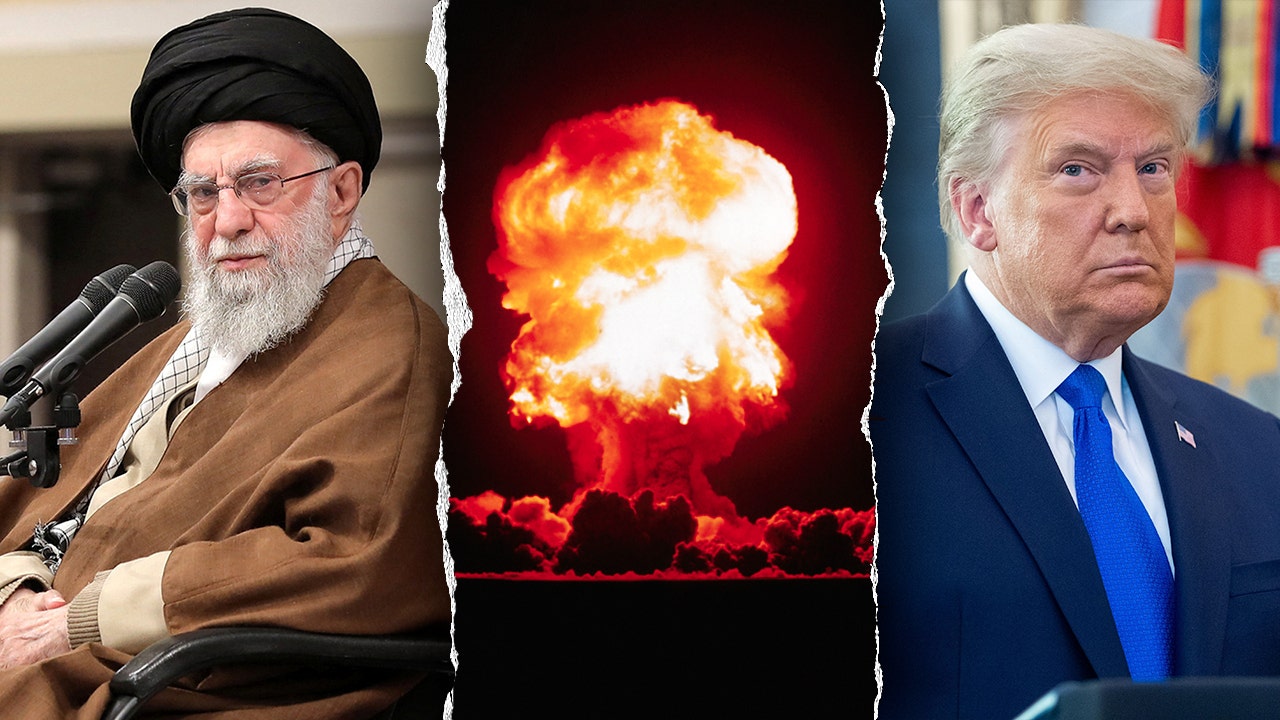
President Donald Trump remains adamant that his administration will engage in “direct” nuclear talks with Iran on Saturday in Oman, while Tehran appears to remain equally steadfast in its insistence the negotiations will be “indirect.”
Middle East envoy Stever Witkoff is scheduled to travel to Oman, where he could potentially be meeting with Iranian Foreign Minister Abbas Araghchi, though the Iranian official has so far maintained the talks will be held through a third party.
While it remains unclear who will get their way regarding the format of the discussions, Iran expert and senior fellow at the Foundation for Defense of Democracies, Behnam Ben Taleblu, said this public controversy between Washington and Tehran is all a game of leverage.
“Both sides have an incentive to either overrepresent or underrepresent what is happening,” he told Fox News Digital. “These are often the negotiations before the negotiations.”
IRAN MULLS PREEMPTIVE STRIKE ON US BASE AFTER TRUMP BOMB THREATS
President Donald Trump speaks to reporters as he signs executive orders in the Oval Office on April 9, 2025. (Getty Images)
“For the White House, the desire to be seen as having direct talks with the Islamic Republic is high,” he said, pointing to the lack of direct engagement between Washington and Tehran dating back to his first term and the regime’s deep disdain for the president, as witnessed in an apparent assassination attempt.
While the Iranian government has long held contempt for the U.S., a sentiment that has persisted for decades, Trump is “very different,” Ben Taleblu said.
The security expert highlighted the 2020 assassination of top Iranian Gen. Qasem Soleimani, the crippling effect of the U.S.-sanctioned maximum-pressure campaign and Trump’s open support for the Iranian people as the major issues that have rankled the Iranian regime.
“Trump is a very bitter pill to swallow, and I think the supreme leader of Iran once said that the shoe of Qasem Soleimani has more honor than the head of Trump,” Ben Taleblu said. “Being seen as directly negotiating with someone [like that] would be making the Islamic Republic look like a supplicant.
“The U.S. wants to be seen as having driven Iran to the negotiating table, and the Islamic Republic does not want to be seen as being driven to the negotiating table,” he added.
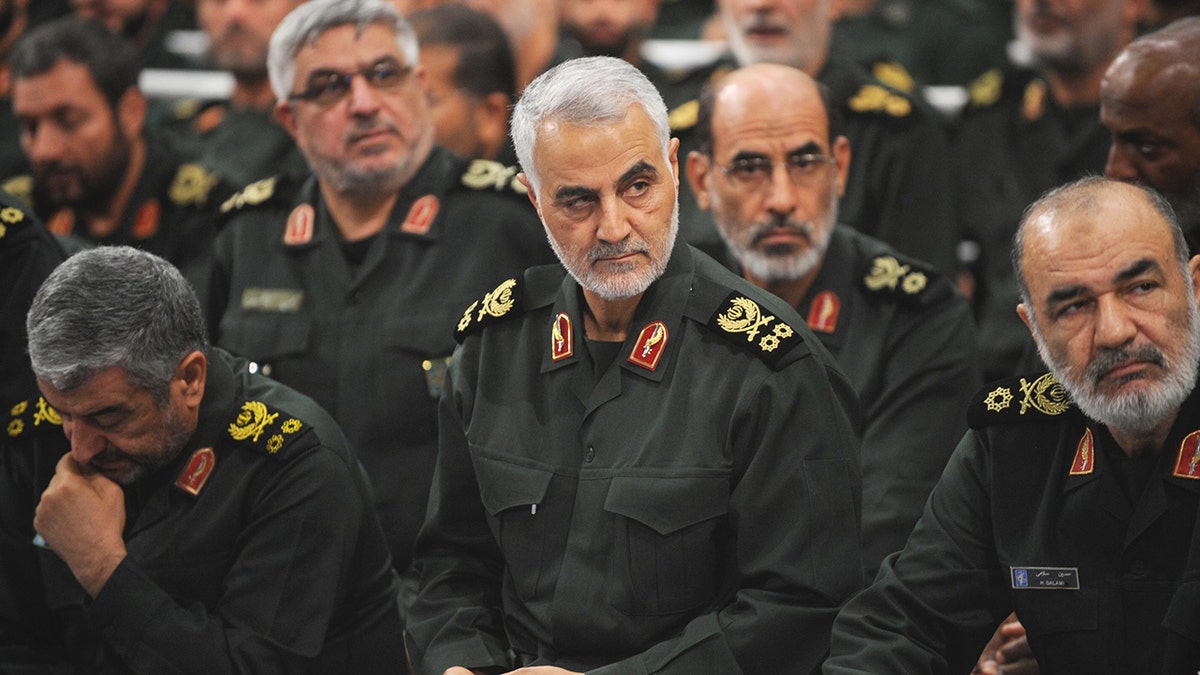
Iranian Quds Force commander Qassem Soleimani is shown in 2016. (Press Office of Iranian Supreme Leader/Anadolu Agency/Getty Images)
AHEAD OF TRUMP ADMIN-IRAN TALKS, NEW REPORT SAYS IRAN NUCLEAR THREAT RISES TO ‘EXTREME DANGER’
Tehran’s chief advantage is the fact that, despite severe U.S. sanctions and geopolitical attempts to halt its development of a nuclear weapon, it has made serious gains in its enrichment of uranium to near-weapons-grade quality, as well as with its missile program, a critical component in being able to actually fire a nuclear warhead.
It also has drastically closer ties with chief U.S. adversarial superpowers like Russia and China, whose position and involvement in countering Western attempts to disarm a nuclear Iran remains an unknown at this point.
While Iran holds significant leverage when it comes to negotiating with the Trump administration on its nuclear program, Washington has a plethora of levers it can use to either incentivize or coerce Tehran into adhering to international calls for the end of its nuclear program.
“The U.S. actually has a heck of a lot of leverage here,” Ben Taleblu said, pointing to not only more economic sanctions, including “snapback” mechanisms under the United Nations Security Council, but also military options.
Trump last month threatened to “bomb” Iran if it did not engage in nuclear talks with the U.S.
But some have questioned how long the administration will allow negotiations to persist as JCPOA-era snapback sanctions expire in October 2025.
The White House would not confirm for Fox News Digital any time restrictions it has issued to Iran, but Trump on Wednesday told reporters, “We have a little time, but we don’t have much time.”

The Foundation for Defense of Democracies analyzed where Iran’s nuclear infrastructure is located. (Foundation for Defense of Democracies)
TIME IS RUNNING OUT TO STOP IRAN FROM MAKING NUCLEAR BOMB: ‘DANGEROUS TERRITORY’
“The regime has its back against the wall,” Ben Taleblu said. “A military option, given what has been happening in the Middle East since Oct. 7, 2023, is an increasingly credible option against the Islamic Republic of Iran.”
“And the regime is engaging, now, to delay and prevent a military option from ever materializing,” he added. “They are hoping to use talks with the Americans as a human shield against the Israelis.”
“So long as you’re talking to America, the Israelis aren’t shooting at you,” Ben Taleblu continued.
Trump this week said that it would be Israel who would take the lead on a military strike on Iran, not the U.S., should nuclear talks fail, which again could be a negotiating tactic as Israel has already demonstrated it will not hesitate to militarily engage with Iran.
“Pursuing wholesale disarmament of the Islamic Republic of Iran is incredibly risky, and it doesn’t have a great track record of succeeding,” Ben Taleblu said.
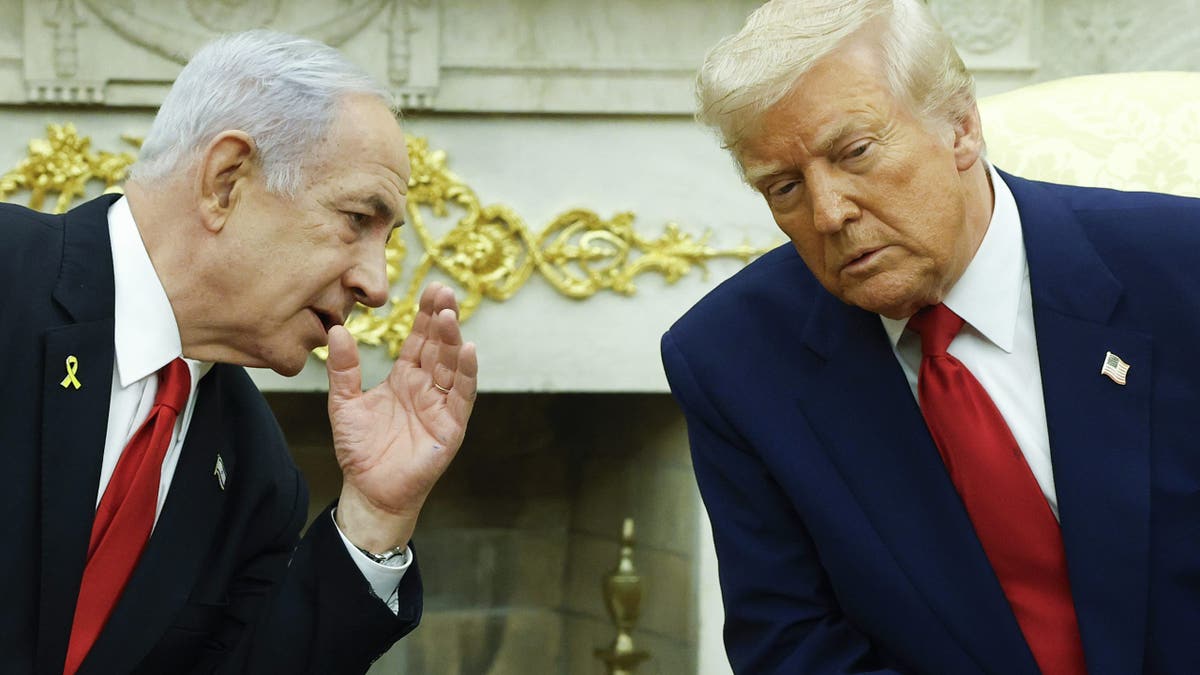
Israeli Prime Minister Benjamin Netanyahu talks to President Donald Trump during a meeting in the Oval Office on April 7, 2025. (Kevin Dietsch/Getty Images)
The Iranian expert said the only way to actually take on the Islamic Republic would be through a “broader” and “more holistic” strategy that focuses not only on nuclear nonproliferation but removing the “Axis of Resistance,” scaling up sanctions and having a “ground game” to counter the regime through cyber, political and telecommunication strategies “for when Iranians go out into the street and protest again.”
“What the Islamic Republic would always want is to have you focus on the fire and not on the arsonist, and the arsonist is quite literally a regime that has tried to kill this president,” Ben Taleblu said.
World
US envoy Witkoff meets Putin in Russia over Ukraine war

The Kremlin says Witkoff ‘will bring something from his president to Putin’ in push for a Ukraine peace settlement.
United States President Donald Trump’s special envoy, Steve Witkoff, is holding talks with Russian President Vladimir Putin in Saint Petersburg to discuss the war in Ukraine, according to the Kremlin.
Kremlin spokesperson Dmitry Peskov confirmed on Friday that Witkoff and Putin were in the Russian city.
“The painstaking work continues. Naturally, Witkoff, as a special representative of President Trump, will bring something from his president to Putin,” Peskov was quoted as saying by Russia’s TASS news agency.
“Putin will listen to it. The conversation on various aspects of the Ukrainian settlement will continue.”
Earlier on Friday, Russian state media published footage of Witkoff and Russia’s economic negotiator, Kirill Dmitriev, leaving a hotel in Saint Petersburg.
Talks to secure a ceasefire deal to end the Ukraine war have stalled amid negotiations on the conditions to end the conflict.
At the end of March, Trump said he was “very angry” and “p****d off” after Putin criticised the credibility of Ukrainian President Volodymyr Zelenskyy’s leadership.
Trump told NBC News: “If Russia and I are unable to make a deal on stopping the bloodshed in Ukraine, and if I think it was Russia’s fault – which it might not be – but if I think it was Russia’s fault, I am going to put secondary tariffs on oil, on all oil coming out of Russia.”
Last month, Putin rejected a joint US-Ukrainian proposal for a complete and unconditional ceasefire.
While Russia and Ukraine agreed to halt attacks on energy infrastructure in March, both sides have accused each other of continuing attacks.
Mending ties
Witkoff has quickly become a key figure in discussions between Washington and Moscow as frosty tensions during former President Joe Biden’s administration have eased.
After his last meeting with Putin, Witkoff said the Russian president was a “great leader” and “not a bad guy”.
More recently, US and Russian officials held talks on Thursday in Turkiye.
Both sides said they had made progress towards normalising the work of their diplomatic missions.
That same day, Russia freed Russian American Ksenia Karelina from prison in exchange for the suspected tech smuggler Arthur Petrov.
Russian Foreign Minister Sergey Lavrov said that prisoner exchanges helped build “trust, which is much needed” between the two sides after ties deteriorated under Biden.
-

 News1 week ago
News1 week agoSupreme Court Rules Against Makers of Flavored Vapes Popular With Teens
-
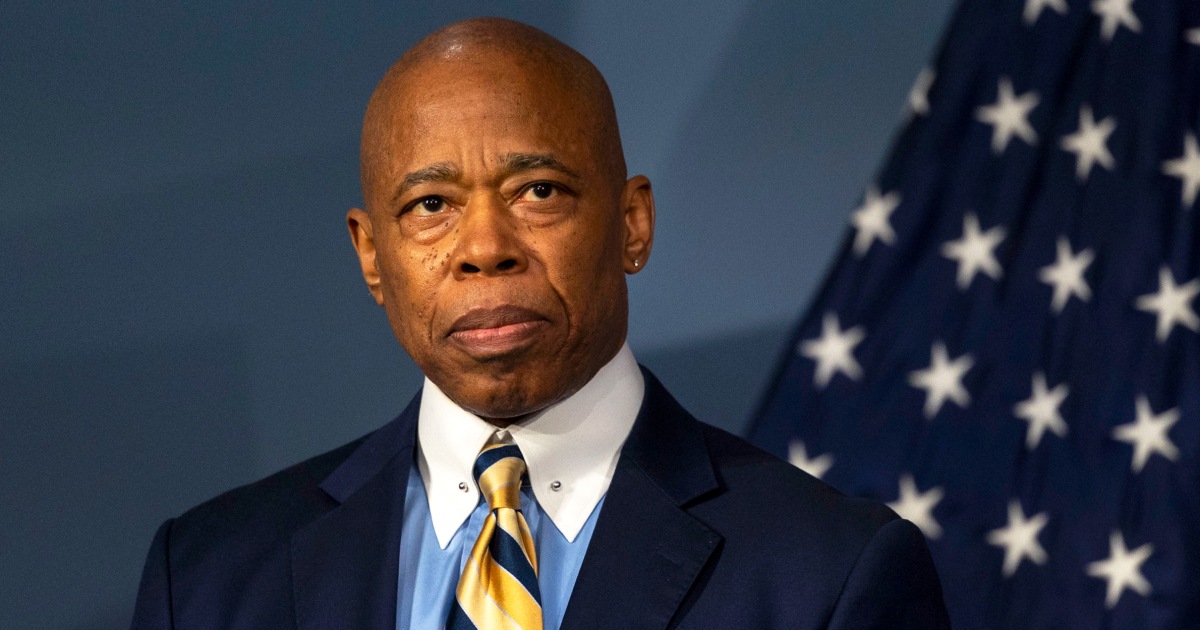
 News1 week ago
News1 week agoNYC Mayor Eric Adams' corruption case is dismissed
-

 Technology1 week ago
Technology1 week agoHere’s how you can preorder the Nintendo Switch 2 (or try to)
-

 News1 week ago
News1 week agoTrump to Pick Ohio Solicitor General, T. Elliot Gaiser, for Justice Dept. Legal Post
-

 Sports1 week ago
Sports1 week agoDeion Sanders defied doubters and returns to Colorado with a $10M per year deal. What’s next?
-

 World1 week ago
World1 week ago‘A historic moment’: Donald Trump unveils sweeping ‘reciprocal’ tariffs
-
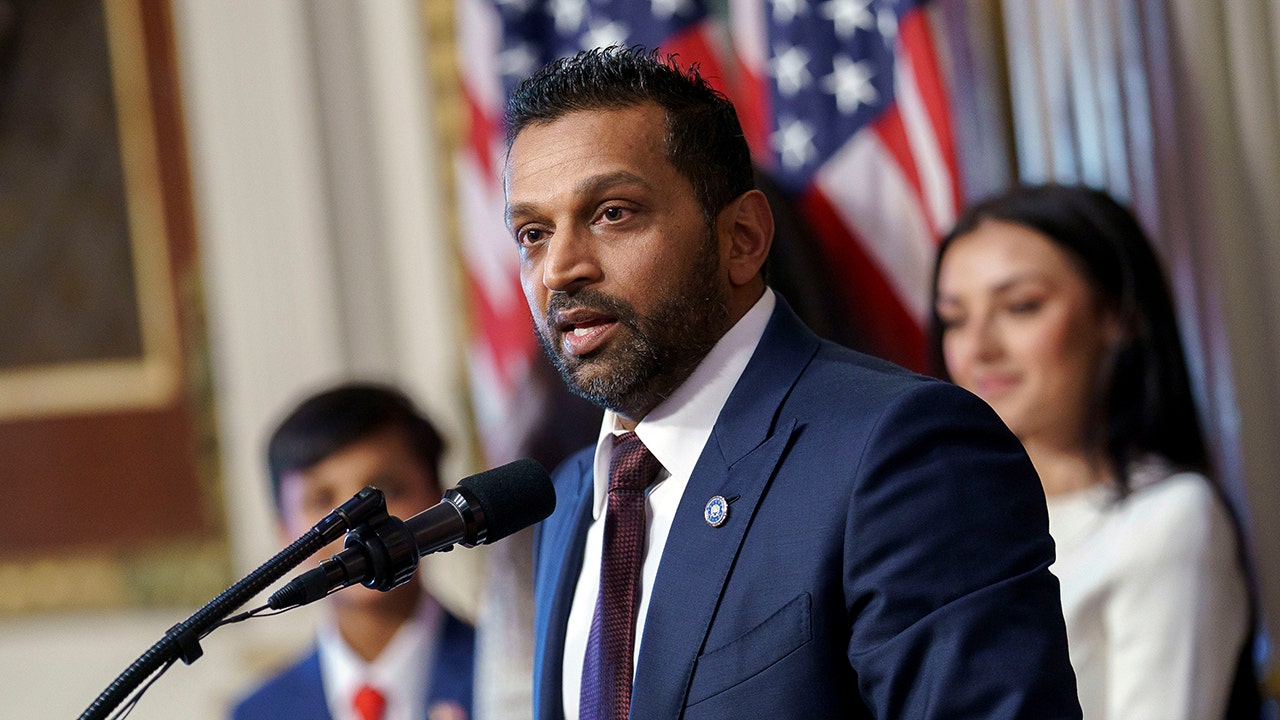
 Politics1 week ago
Politics1 week agoFBI flooded with record number of new agent applications in Kash Patel's first month leading bureau
-
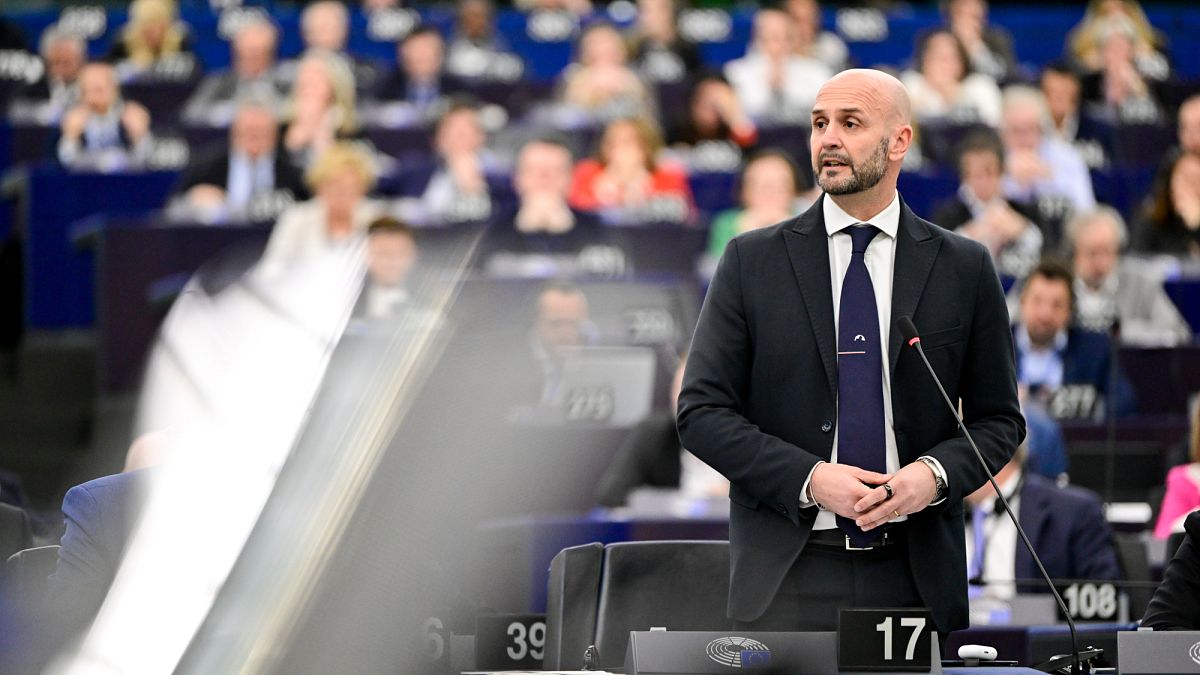
 World1 week ago
World1 week agoCommission denies singling out NGOs in green funding row
